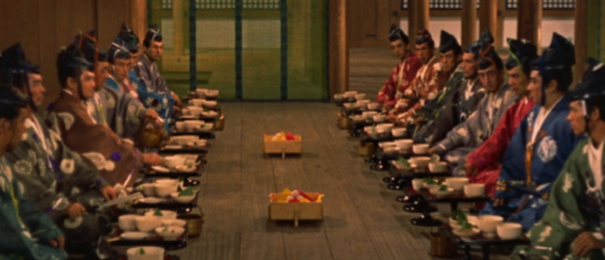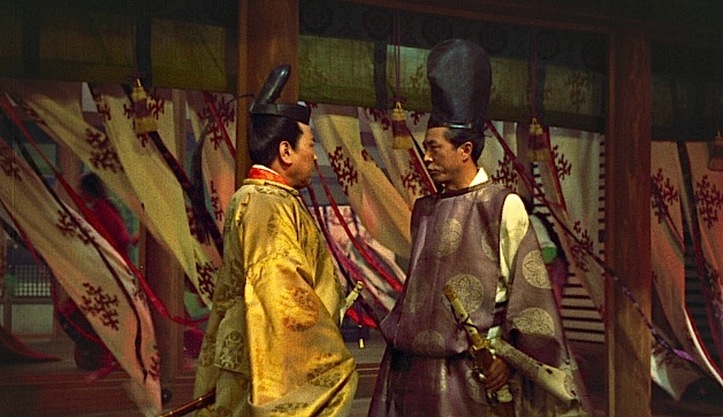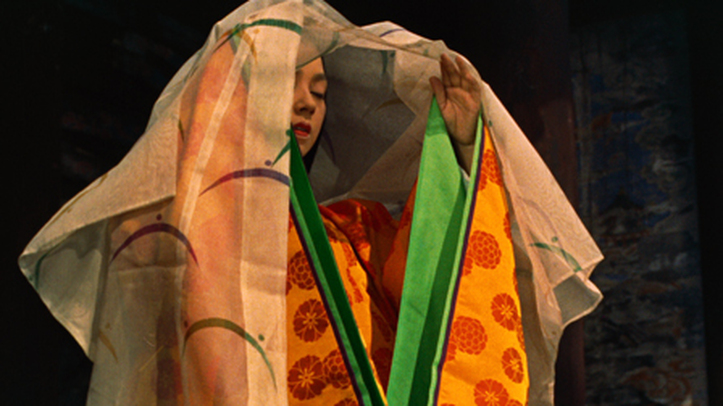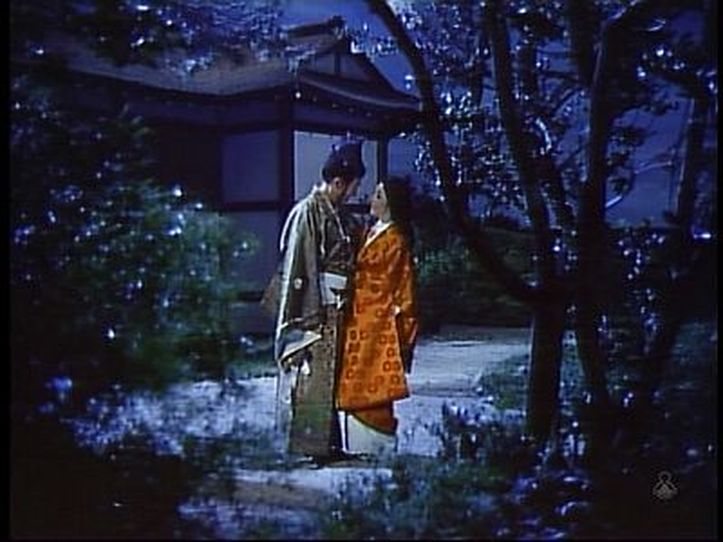 During an attempted coup, Lady Kesa, one of the high court's ladies in waiting finds herself in danger, only to be saved by a noble Samurai, Moritoh. When the coup fails, the samurai asks the lord to let him marry this woman as a reward for his loyalty and courage. The lord grants the request, not knowing she is already married to another samurai, Wataru. Moritoh attempts desperately to persuade Kesa to leave her husband but she adamantly refuses, devoted to her loving husband. Teinosuke Kinugasa's Gate of Hell is an incredibly powerful film about the power of lust, capturing how it can consume even the most noble of men, ultimately leading them down a path of destruction. Moritoh is a man who becomes obsessed with what he can't have thinking he can force Kesa to love him, leading to a tragic and powerful climax. One aspect of the film I really enjoyed is its commentary on vengeance, capturing the emptiness of revenge through Monitoh's actions towards the end of the film. With vibrant cinematography and beautiful sets, Gate of Hell is a remarkably beautiful film that makes it no surprise it was one of the films to open western societies eyes to Japanese cinema. A powerful experience, Gate of Hell is a film that is hard to quantify using merely words, but it is a remarkably moving film about love and sacrifice.
0 Comments
Leave a Reply. |
AuthorLove of all things cinema brought me here. Archives
June 2023
|



 RSS Feed
RSS Feed
